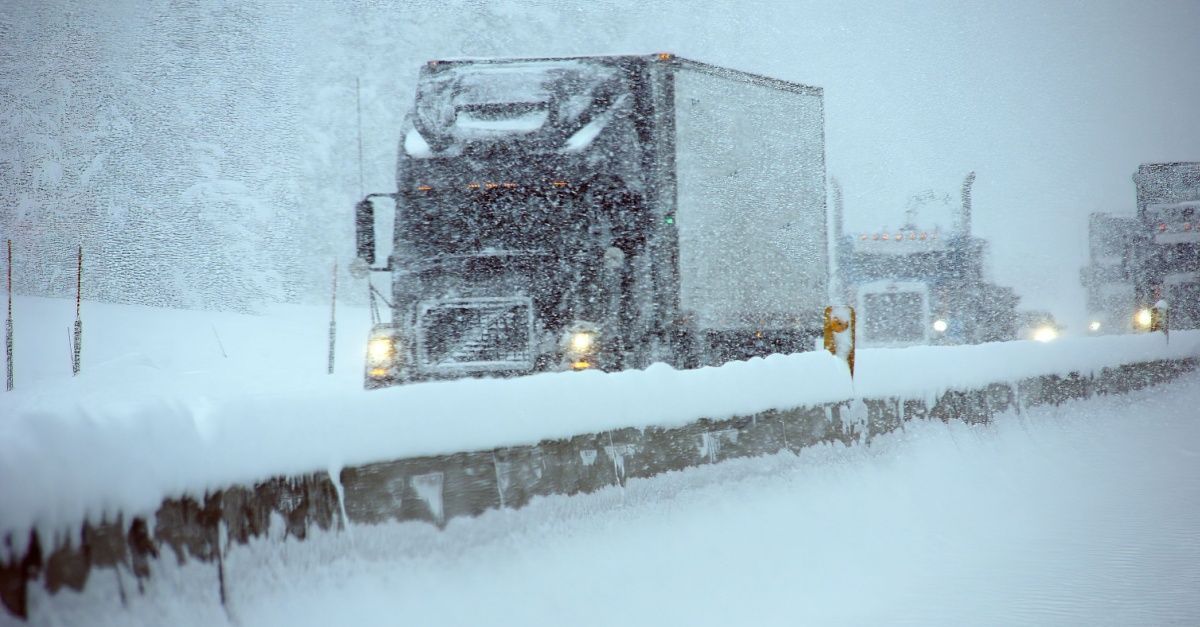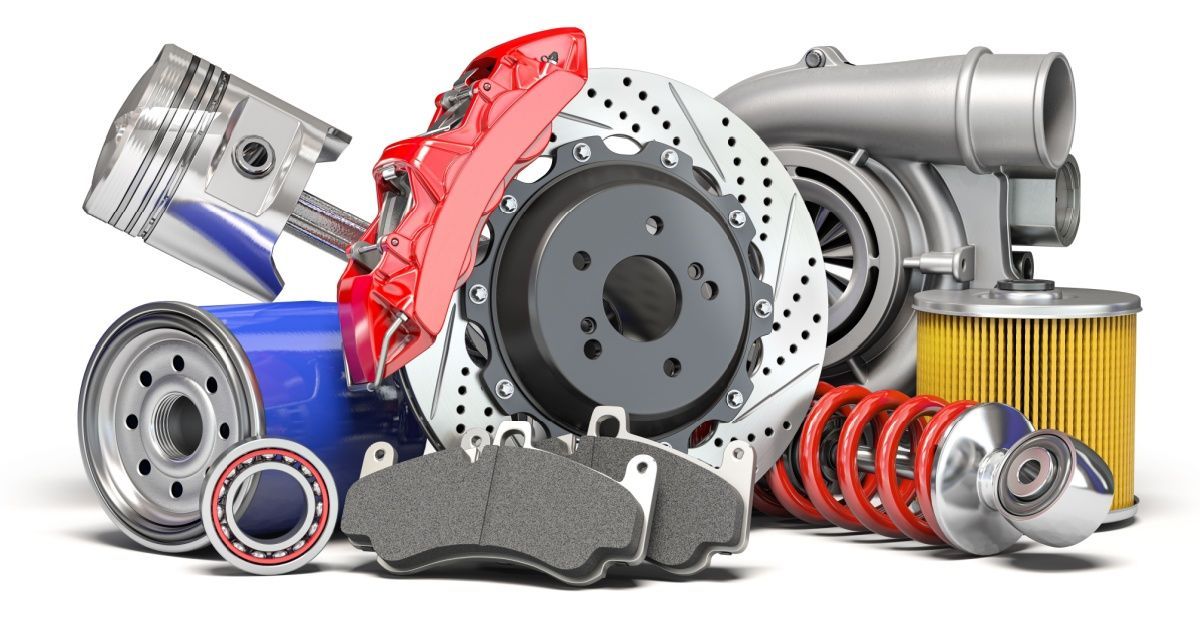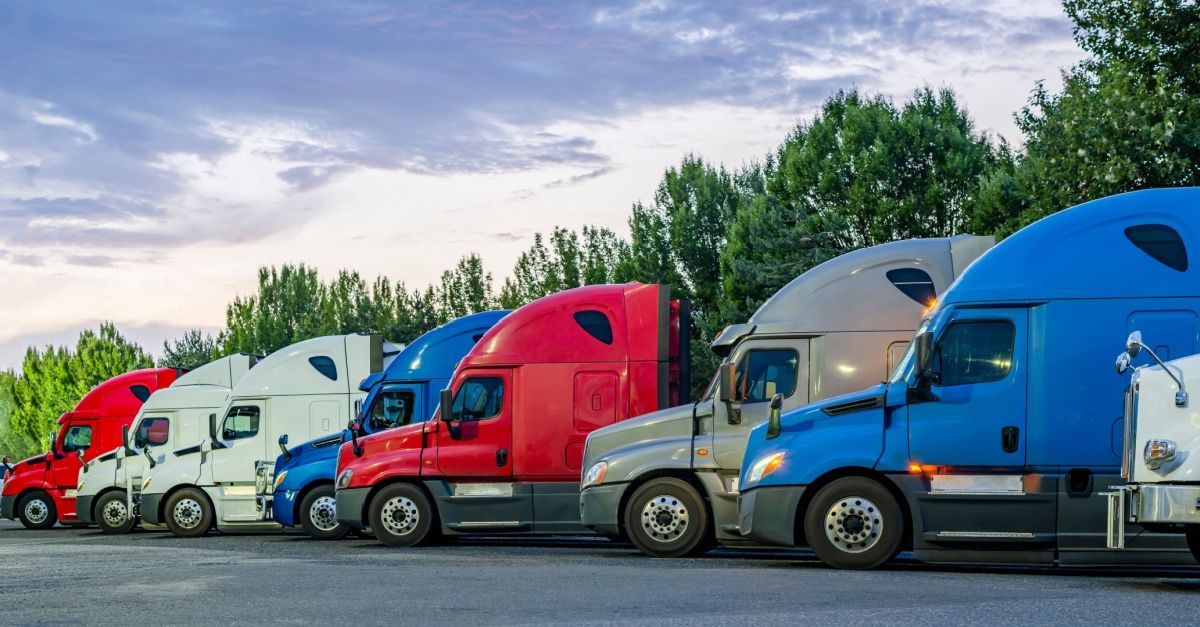Refrigerated (Reefer) Transportation & Trucking Companies: What Are the Characteristics of Best in Class?
Blog Post CTA
Refrigerated (Reefer) Transportation & Trucking Companies: What Are the Characteristics of Best in Class?
Trucking reefer rates have always been among the more volatile transportation expenses that freight shipping partners must contend with. The type of cargo hauled and the destination of each shipment can influence these rates. Reefer fees often vary by the growing season in a given area. Reefer transportation and trucking companies set rates based on regions, such as where the shipment of products and goods originates and the location of the destination. As reported by Truckstop.com, reefer rates were averaging around $3 per mile in Spring 2021 at the national level, but those rates are always subject to change. They will also start to increase as the warmer months return to the country too, and it will be interesting to see what the year-over-year growth turns into by April 2022.
It is important to note that this rate can also greatly vary by region and that, in general, reefer rates are trending upward. Finding the best-in-class trucking companies can make it easier to secure the best reefer shipping services at the best possible price. The following characteristics can help you find the best trucking company today to handle your cargo with the highest degree of professional care and specification possible.
1. Absolute Transparency Throughout Shipping Services
Finding the best-in-class trucking companies that can provide optimized reefer services means looking past the basics such as on-time deliveries, fees rates, and driver safety. The best reefer trucking companies offer a transparent and inclusive view of all shipping services and processes from start to finish. The approach includes clarity about rates and reefer services that are available at any given time and insight into anticipated changes in freight rates and surcharges for reefer cargo.
2. Collaboration Through Real-Time Communications
Reefer transportation and trucking companies provide the best services when fast, reliable, and frequent communications are a priority. Utilizing collaborative platforms and dashboards and maintaining open lines of communication make it easier to plan, coordinate, and collaborate in real-time. Accurate communications make it easier to track shipments and deal with issues that may arise, which will help ensure completed deliveries and satisfied customers.
3. Traceability of Temperature-Sensitive and Specialty Freight
Perishable and refrigerated goods can include everything from perishable goods, food, and drinks to medical supplies to flowers. Each will require different packaging, loading, care, and handling requirements. Added to this complexity is the fact that each transport might also have very different needs as far as temperature regulations are concerned. Understanding which companies offer services applicable to the particular cargo that needs to be shipped will help ensure the success of any reefer cargo that gets loaded.
4. Reliable On-Time Pickup and Delivery of Goods
On-time pickup and delivery are critical services that any shipper must guarantee. There is little point in choosing a trucking company that cannot make good on their promise for on time in full delivery. Working with the best-in-class trucking companies will provide shippers with the guarantees they need to deliver reliable ETAs and delivery services. Team members who do not have to worry about missed pickups and late deliveries can focus on more critical services.
5. Enhanced Understanding of Trucking Rates and Fees
Understanding trends that affect trucking rates and fees and adjusting to those changes is an area where experienced reefer transportation and trucking companies must excel. As highlighted by Commercial Carrier Journal, reefer rates increased 4 cents in late August 2021, with more than 50 weeks above $2.40, and with a spring 2021 reference of around $3.00, shippers need to start planning for higher reefer rates in 2022 as well.
Planning for and accommodating these ever-changing rates are paramount to food services. Also, understanding the rate data is a crucial factor that any reputable trucking company will take into account.
6. Access to a Diverse Pool of Transportation Network Partners
Reliable shipping services rely heavily on shippers’ access to network partners and carriers who can handle specialty loads and complete reefer cargo deliveries. The ability to tap into talent pools and access pre-vetted carriers and drivers is paramount to providing exceptional reefers services. This helps keep services current, rates low, and logistics accurate across the board for all food and beverage cargo and other refrigerated products or goods.
7. Certifications in Moving Alcohol-Related Products and Reefer Liquids
Reefer trucks can carry a wide range of products, including a host of alcoholic beverages. However, shipping alcohol across state borders requires special permits. The ability to quickly and easily find trucking companies that have drivers certified to haul this sort of freight can help keep rates low and services high. Having truckers on hand to pick up these specialty loads can ensure they’re delivered as quickly and affordably as possible.
8. Compliant With All HOS Requirements and Regulations
Supply chain managers and logistics directors must work closely with their carriers or brokers to determine if any special Hours of Service requirements and regulatory guidelines apply. The best reefer transportation and trucking companies will coordinate specialty shipments with the necessary trailer or packaging arrangements to protect cargo and adhere to all safety protocols. They will also ensure all legal requirements are addressed and carried out appropriately.
9. Excellent Ratings and Certified Shipper of Choice Status
Business ratings and certifications are worth considering when looking for the best-in-class trucking companies to handle specialty temperature-controlled freight and shipments. The reputation of the company and its drivers, as well as their track record with similar loads and cargo, can help shippers narrow down the choice. Knowing you are working with the best of the best makes it easier overall to find shippers of choice who are available and who can be trusted with any cargo currently available.
10. Personalized Shipping Services Tailored to Specific Freight Loads
Specialization within the refer freight shipping service market applies to more than just cargo that has to stay chilled. Some cold-freight cargo must remain at a precise temperature to prevent ruining the product. Other products must not be allowed to freeze, and some must remain frozen during shipment. The best trucking companies will have the ability to tailor transport services to meet these needs in a much more personal and impactful manner than other shippers can.
11. Innovative and Up-to-Date Technology and Automation
Best-in-class trucking companies also know how to utilize technology and innovative tools to provide accurate and reliable shipping services. With goods that need to maintain a specific temperature, shippers and carriers must work collaboratively to monitor reefer trucks and control precise temperatures. This monitoring becomes much easier with the latest technology and automation already in place and operational without requiring a lot of additional expenses or onboarding to make it applicable.
12. Cloud-Based Data Collection, Analytics, and Sharing Capabilities
Data is king in the industry these days, and companies that make the most of available data and statistics are better poised to succeed. The best reefer transportation and trucking companies utilize real-time tracking and insight to monitor logistic planning and processes. Knowing when issues arise that might cause delays or other problems with cargo can make it easier to plan mitigation steps accordingly. Immediate access to reliable data and reports makes it easy to adjust and implement alternate plans.
13. Focus on Sustainability and Eco-Friendly Processes
Even if sustainability is not paramount for a shipping company, chances are their customers do care. According to a recent survey from Convoy, freight transport makes over 72 million metric tons of CO2 emissions, and empty trailers account for over 35% of total miles driven. Companies that do not take sustainability seriously are losing more and more of their customer base every year. Whether management believes in it or not, eco-friendly initiatives are a must in today’s competitive market.
Choose a Company That Aligns With All These Characteristics to Move Reefer Freight Efficiently
Finding available reliable trucker services can feel like an impossible task. On top of economic and general market uncertainties, the specific needs associated with reefer shipping can make it even more challenging to find reliable reefer transportation and trucking companies. Shippers must get affordable refrigerated freight shipping quotes and reliable services every time with the right freight transportation partner.
Also, shippers can find the right logistics carrier to transport all of their reefer freight with the right insight and guidance. With this handy list of characteristics to look for, the process of securing drivers to handle all of your refrigerated transportation needs is easier than ever. Finding the best-in-class trucking companies is easier than ever with the right partnership in place. Contact Entourage Freight Solutions today to get started.









